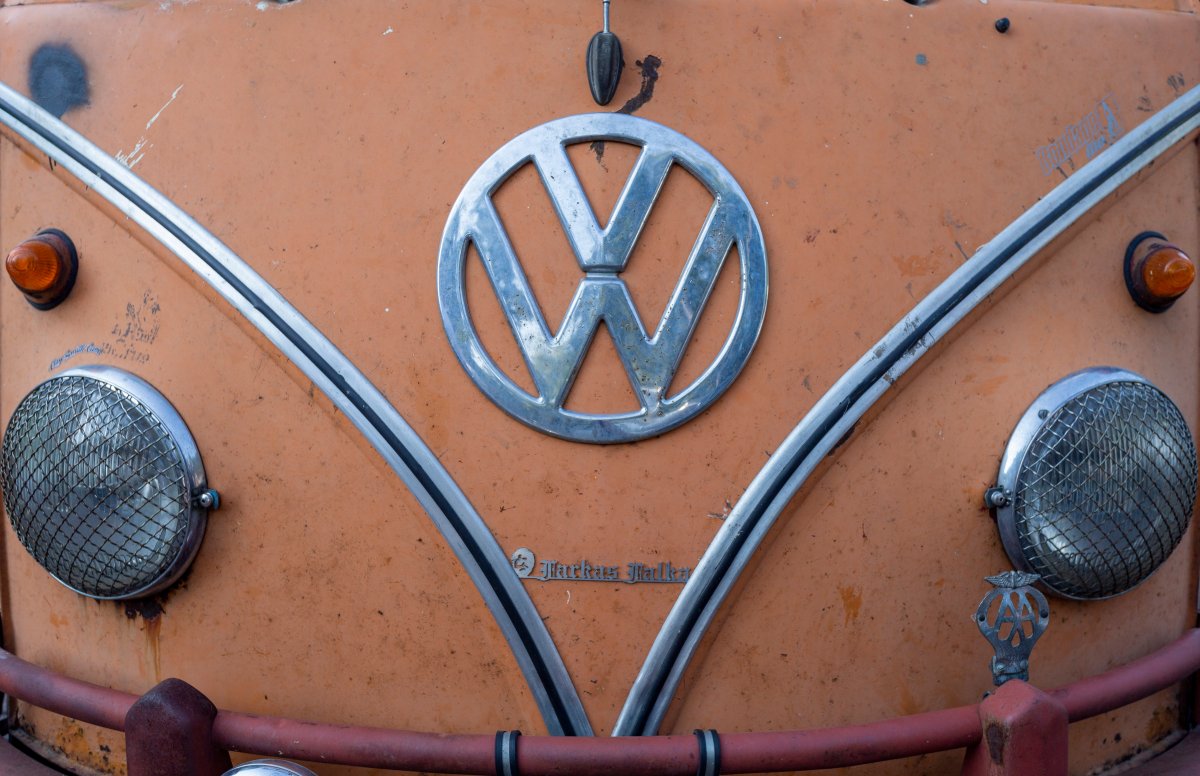Stephan Weil: VW can turn things around, suppliers in danger
Source: Heise.de added 21st Dec 2020In the opinion of Lower Saxony’s Prime Minister Stephan Weil, the quickest possible switch to electric vehicles for manufacturers and suppliers will become a question of fate for the German auto industry until 2030. “The pressure, within ten years between 60 and 65 Converting percent of sales to an electromobile basis is huge, “said the SPD politician and VW supervisory board of the German Press Agency.
Because of the recently refined investment plans at Volkswagen, he is confident that the world’s largest car company will succeed in the change. But it won’t be easy either. “2021 there will be one electric model after the next from the group. This transformation is of course difficult for Volkswagen, but also a great opportunity.”
Larger investments The control committee of the VW Group, in which Weil sits as a representative of the second largest shareholder in Lower Saxony, had corresponding plans of the Board approved. Within the next five years, almost half of the total amount of 65 billion euros will go into new technologies such as alternative drives and networking.
At the same time, the group is cutting jobs in traditional areas. The overall program bears the signature of CEO Herbert Diess, who wants to convert VW even more quickly and make it more profitable. However, there had recently been a dispute in the supervisory board about Diess’ request for an early extension of the contract – he was unable to assert himself with his claim.
“The combustion engine is on the home straight ” ” There’s been a lot of progress at VW, “said Weil. “The e-strategy is more correct than ever, especially when you take into account that the EU climate targets are being tightened again.” Whether the many small and medium-sized suppliers will manage the structural change is often still open: “My worries do not concern the manufacturer level, but the supplier level. The lion’s share of sales and employment are based on combustion engines Home stretch. ”
The EU wants the emission of greenhouse gases by the year 2030 by at least 55 percent compared to the level of 1990 to decrease. Because car manufacturers also have to adjust their own goals again, a “strategy 2030” is in preparation at Volkswagen.
Currently the Group’s vehicles are responsible for around one percent of all global CO2 emissions. Volkswagen recently calculated that it would have to significantly increase the share of battery electric vehicles sold up to 2030. According to corporate planning, around 150 could be achieved annually for the home market of Europe alone. 000 more electric cars of the core brand will be needed – the proportion of purely e-cars should increase from 35 grow up to 55 percent. Where the necessary manufacturing and battery capacities should come from is now being discussed.
It has to be faster “This remaining period will be shortened by the EU CO2 targets,” said Weil, referring to the necessary adjustments to the auto industry. “And if a Euro-7 emissions standard were to be introduced, the remaining time would be significantly shorter. One can only warn against that. Then the structural change will become a structural break.”
The three German “Autoländer” Lower Saxony, Bavaria and Baden-Wuerttemberg with the headquarters of Volkswagen, BMW and Daimler had urged the EU Commission not to decide on further tightening up too quickly. One must take into account the jobs and the technical feasibility.
No alternative to changing direction Means – Weil emphasized that there would be no alternative to changing course in the long term. “That means that many suppliers have to change their business model. A combustion engine is more employment-intensive than an electric motor. It is therefore important that we secure new value creation in Germany and Lower Saxony.” In-house battery cell production plays a central role here. VW, for example, is building one at its Salzgitter location – for the time being, however, a large number of cells will have to be purchased externally, especially from Asia.
“There are reasons why many electric vehicles currently have long delivery times,” said Weil. “There is currently only a limited potential for battery cells.” Politicians have to steer the issue better – beyond current European initiatives. “If we want to remain the number one automotive country and fully maintain value chains, we need German battery cell production.”
Use wind power The high energy prices made corresponding investments less attractive. “That is why I would like to see battery cell production on the coast with self-generated wind power exempt from grid fees,” said Weil. “We also have to use our location advantages and not always just look after the others.”
Weil does not consider a binding date for a ban on the sale of combustion vehicles such as in Norway, France and other countries to be necessary in this country. “That actually happens through the political decisions on climate protection and air pollution control,” he said.
(kbe)
brands: BMW New other Value Volkswagen media: Heise.de
Related posts
Notice: Undefined variable: all_related in /var/www/vhosts/rondea.com/httpdocs/wp-content/themes/rondea-2-0/single-article.php on line 88
Notice: Undefined variable: all_related in /var/www/vhosts/rondea.com/httpdocs/wp-content/themes/rondea-2-0/single-article.php on line 88
Related Products
Notice: Undefined variable: all_related in /var/www/vhosts/rondea.com/httpdocs/wp-content/themes/rondea-2-0/single-article.php on line 91
Warning: Invalid argument supplied for foreach() in /var/www/vhosts/rondea.com/httpdocs/wp-content/themes/rondea-2-0/single-article.php on line 91
